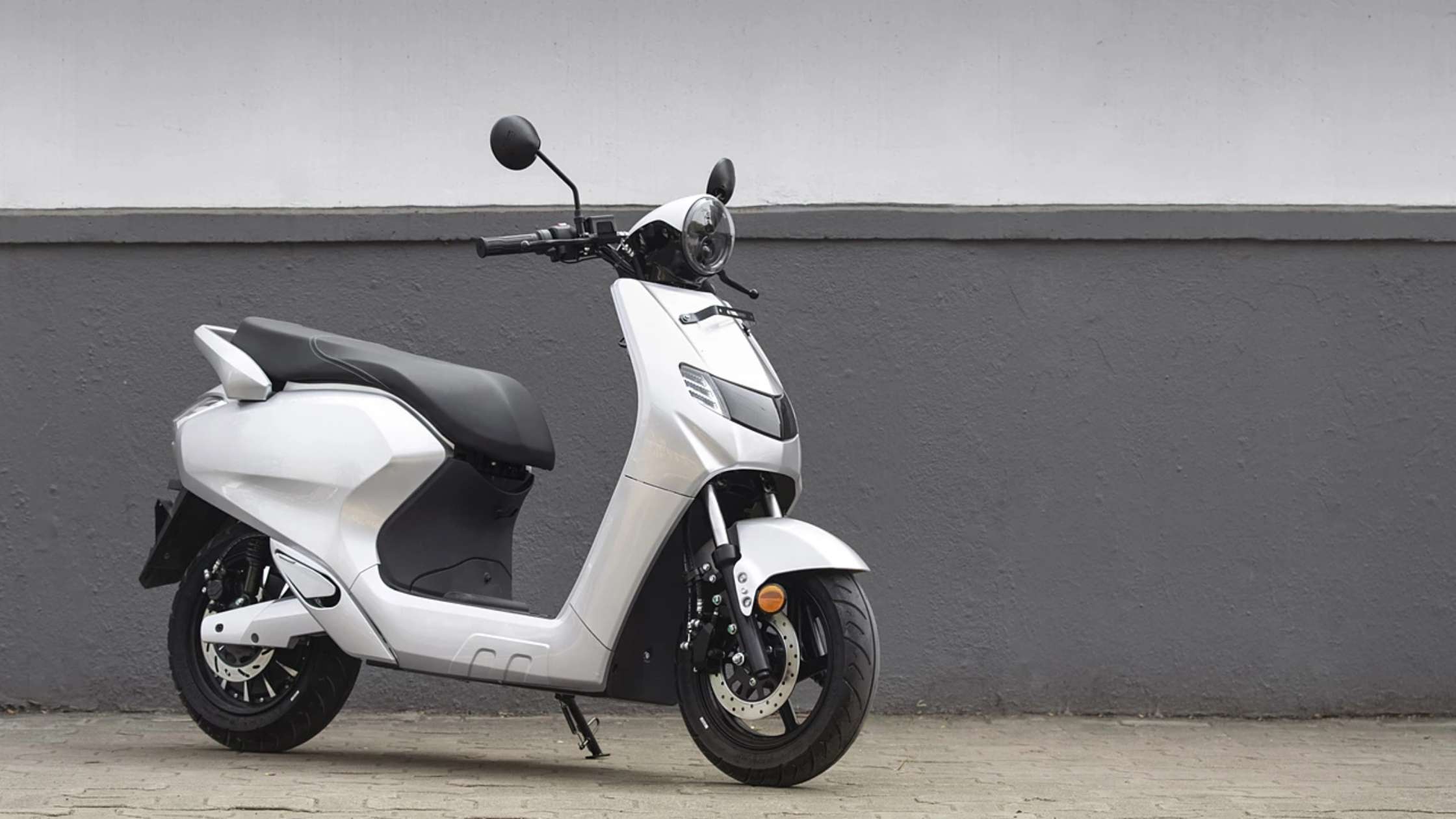BHARAT ELECTRIC VEHICLE
ELECTRIC VEHICLE ZONE
BHARAT ELECTRIC VEHICLE - EV Zone
An Electric Vehicle (EV) is a vehicle that is powered by one or more electric motors. It is using electricity as its primary source of energy for propulsion. Unlike traditional internal combustion engine (ICE) vehicles, which rely on gasoline or diesel fuel. EVs are powered by electricity stored in batteries or obtained from an external source such as a charging station. Here are some key characteristics and types of electric vehicles:

-
Battery Electric Vehicles (BEVs) : BEVs are fully electric vehicles that run entirely on electricity stored in high-capacity batteries. They have no internal combustion engine and produce zero tailpipe emissions. Popular examples include the Tesla Model 3 and Nissan Leaf.
-
Plug-in Hybrid Electric Vehicles (PHEVs): PHEVs combine an electric motor with an internal combustion engine and a rechargeable battery. They can operate in full electric mode for a limited range. Before switching to the internal combustion engine or use both for added power. Examples include the Chevrolet Volt and Toyota Prius Prime.
-
Hybrid Electric Vehicles (HEVs): HEVs have both an electric motor and an internal combustion engine, but they cannot be plugged in to charge. Instead, they generate electricity through regenerative braking and use it to assist the engine, improving fuel efficiency. The Toyota Prius is a well-known example.
-
Hydrogen Fuel Cell Vehicles (FCVs): FCVs use hydrogen gas to generate electricity in a fuel cell, which powers an electric motor. These vehicles emit only water vapor as a byproduct. The Toyota Mirai and Hyundai Nexo are examples of FCVs.
EVs offer several advantages, including:
-
Environmental Benefits: They produce zero tailpipe emissions, reducing air pollution and greenhouse gas emissions, especially when charged with renewable energy sources.
-
Lower Operating Costs: EVs have lower fuel and maintenance costs compared to traditional vehicles. As electricity is cheaper than gasoline, and electric motors have fewer moving parts.
-
Quiet Operation: EVs are quieter than traditional vehicles, contributing to reduced noise pollution in urban areas.
-
Instant Torque: Electric motors provide instant torque, delivering smooth and powerful acceleration.
-
Energy Efficiency: Electric motors are highly efficient in converting stored energy into motion, resulting in better energy utilization.
The adoption of electric vehicles has been growing worldwide due to their environmental benefits and advancements in battery technology. Which have extended driving ranges and reduced charging times. Governments, automakers, and consumers are increasingly investing in and embracing electric mobility. As a cleaner and more sustainable mode of transportation.
BENEFITS OF ELECTRIC VEHICLE

Electric vehicles (EVs) offer a range of benefits, making them an attractive option for consumers and a critical component of efforts to reduce greenhouse gas emissions and combat climate change. Here are some key benefits of electric vehicles:
Environmental Benefits:
- Zero Emissions: EVs produce no tailpipe emissions, which helps reduce air pollution and greenhouse gas emissions, leading to improved air quality and mitigating climate change.
- Lower Carbon Footprint: The environmental impact of EVs depends on the source of electricity used for charging. When charged with renewable energy sources like wind or solar power, EVs have an even lower carbon footprint.
Cost Savings:
- Lower Operating Costs: EVs typically have lower operating costs than traditional internal combustion engine (ICE) vehicles because electricity is cheaper than gasoline, and they require less maintenance due to fewer moving parts.
- Government Incentives: Many governments offer financial incentives such as tax credits, rebates, and reduced registration fees to encourage the adoption of electric vehicles, further reducing the upfront cost.
Energy Efficiency:
- Higher Efficiency: Electric motors are more energy-efficient than internal combustion engines, converting a higher percentage of energy from the grid to vehicle movement, which results in better overall energy utilization.
Quiet and Smooth Operation:
- Reduced Noise Pollution: EVs are quieter than traditional vehicles because they lack noisy internal combustion engines, contributing to reduced noise pollution in urban areas.
- Smooth Acceleration: Electric motors provide instant torque, delivering smooth and powerful acceleration, making for a pleasant driving experience.
Reduced Dependence on Fossil Fuels:
- EVs reduce the dependence on fossil fuels like gasoline and diesel, helping to enhance energy security and reduce the economic impact of oil price fluctuations.
Home Charging Convenience:
- Many EV owners can charge their vehicles at home using standard electrical outlets or dedicated home charging stations, offering convenience and flexibility.
Technological Advancements:
- Ongoing advancements in battery technology are increasing the driving range of EVs, reducing charging times, and improving overall performance.
Reduced Maintenance:
- EVs have fewer moving parts than traditional vehicles, resulting in reduced maintenance costs over the vehicle’s lifetime.
Innovative Features:
- Electric vehicles often come equipped with advanced features and technology, such as regenerative braking, remote charging control via smartphone apps, and autonomous driving capabilities.
Market Growth and Variety:
- The electric vehicle market is growing, leading to a wider variety of EV models and options, catering to different consumer needs and preferences.
While electric vehicles offer numerous advantages, it’s essential to consider factors such as charging infrastructure availability, driving range, and the environmental impact of electricity generation when making the decision to switch to an EV. Nonetheless, the overall trend is towards increased adoption of electric vehicles as a cleaner and more sustainable mode of transportation.
